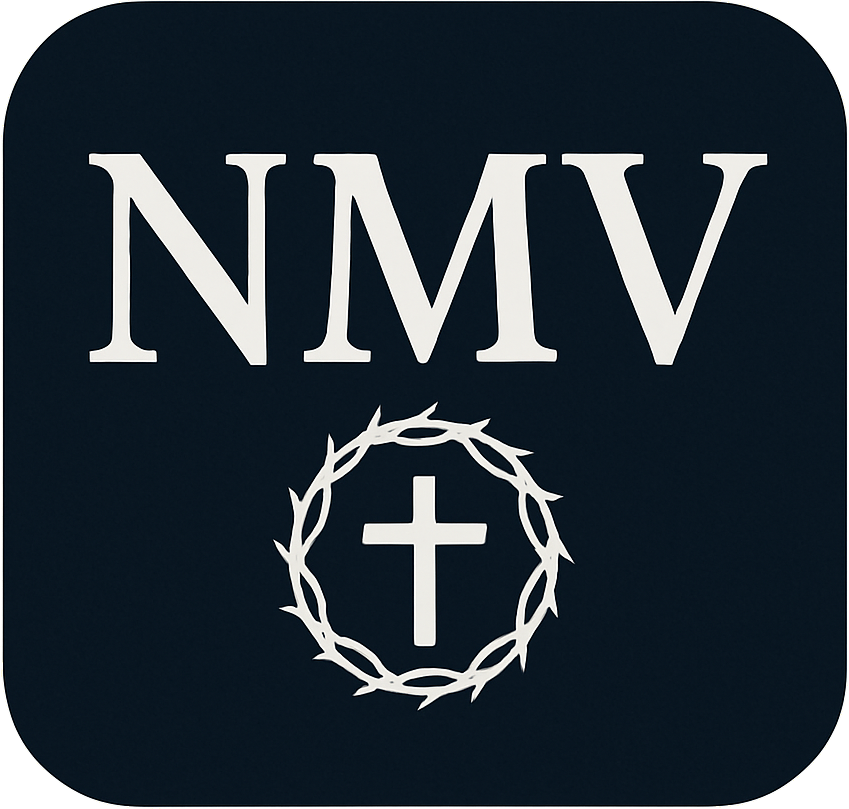💬 Clarified Meaning
James 5:2 speaks directly to the impermanence of material wealth and possessions. In the ancient Near Eastern context, wealth was often measured in terms of clothing and stored goods. James is addressing the wealthy who hoard their riches, warning them that these material possessions will ultimately decay and become worthless, serving as a reminder of the fleeting nature of earthly wealth.
---
🔍 Reflection
In today's world, where success is often measured by financial gain and material accumulation, James 5:2 poses a profound challenge. It calls us to consider the true value of our lives and the legacy we are building. Are we investing in things that last eternally, or are we consumed by the pursuit of temporary wealth? This verse invites us to refocus our priorities, seeking first the kingdom of God and His righteousness. True prosperity is found not in what we own but in the richness of our relationship with Christ and our commitment to His purposes.
---
🙏 Prayer
Heavenly Father, teach me to hold loosely to the things of this world and to treasure the eternal riches found in You. Help me to use what I have for Your glory and to serve others. Guard my heart against greed and remind me of the fleeting nature of material wealth. May my life reflect Your love and grace, and may I find true prosperity in walking with You. Amen.
---
✍️ Journal Prompt
- Reflect on what you consider your most valuable possessions. How do they influence your priorities and life choices?
- How can you shift your focus from temporary wealth to eternal values in your daily life?
---
🧠 Greek or Cultural Insight
The Greek word for "wealth" in this verse is **πλοῦτος** (*ploutos*), which signifies not just material abundance but also implies a sense of fullness or completeness. In the biblical context, the word often carries a cautionary note, reminding believers that such abundance can lead to spiritual complacency or arrogance if not kept in check by a heart aligned with God. This depth of meaning challenges us to consider how our abundance is used and whether it draws us closer to God's fullness or distracts us from it.
